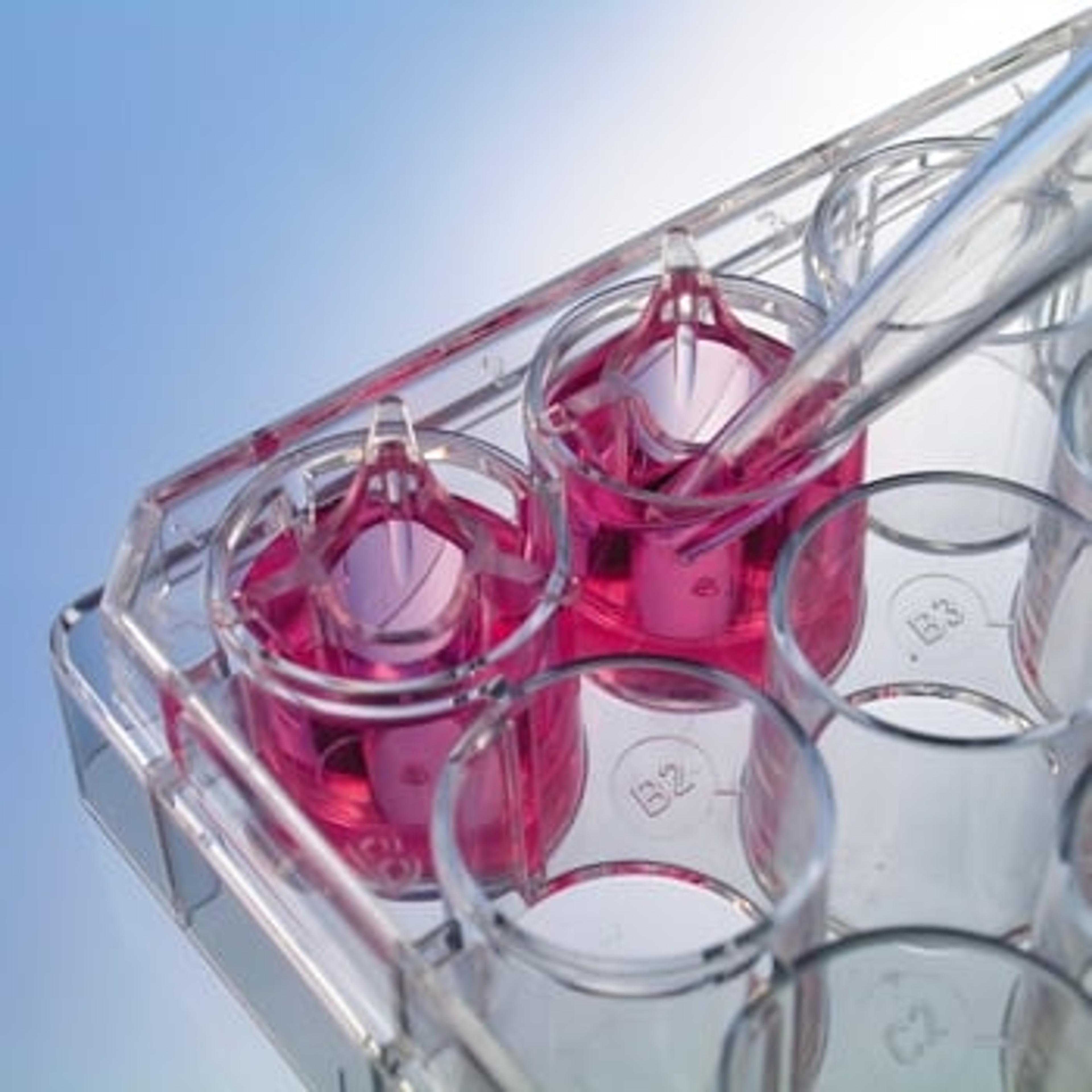ThinCert Cell Culture Inserts from Greiner Bio-One Offer Alternative to Animal Testing
8 Sept 2013
ThinCert cell culture inserts from Greiner Bio-One, a technology partner for the diagnostic and pharmaceutical industry, offer a real alternative to animal testing. From 11 July 2013, trade in cosmetics tested on animals will be prohibited in EU member states under the EU Cosmetics Regulation. This applies to both end products and individual ingredients.
Current skin models, consisting of human skin cells, are becoming increasingly sophisticated and many feature the same properties and functions as real skin. These models will react more authentically than animal skin when challenged with cosmetic products for testing parameters such as hypoallergenic properties. ThinCert cell culture inserts from Greiner Bio-One offer an ideal artificial environment for in-vitro reconstruction of skin cells and are thus perfect for cultivating these skin cells.
The base of the cell culture inserts features a capillary pore membrane which consists of USP Class VI certified PET. The membrane enables oxygen to reach the cells from above while they are simultaneously supplied with nutrients from the multiwell plate below. This is important because skin cells need specific nutrients and contact with oxygen to develop the stratum corneum. The membrane surface is treated in a way that ensures optimum adhesion and growth for the cultivated cells. Using a scalpel, the PET membrane can be easily removed from the housing, thus also enabling light or electron microscopic tests. The hanging geometry of the ThinCert cell culture inserts ensures the distance to the well base and the side walls. This prevents capillary suction between the internal and external well walls.
The cell culture inserts are available for 6, 12 and 24 well multiwell plates with pore diameters of 0.4 μm, 1 μm, 3 μm and 8 μm. ThinCert inserts are thus ideal not only for primary cell cultures but also for transport, secretion and diffusion studies, migration experiments, cytotoxicity tests, co-cultures and transepithelial electrical resistance (TEER) measurements.

